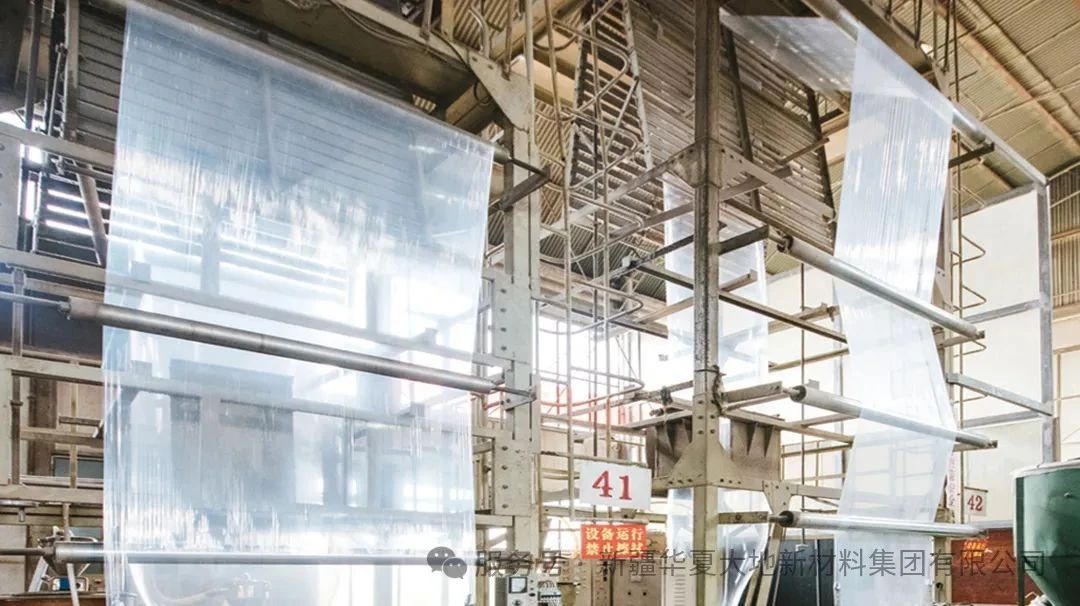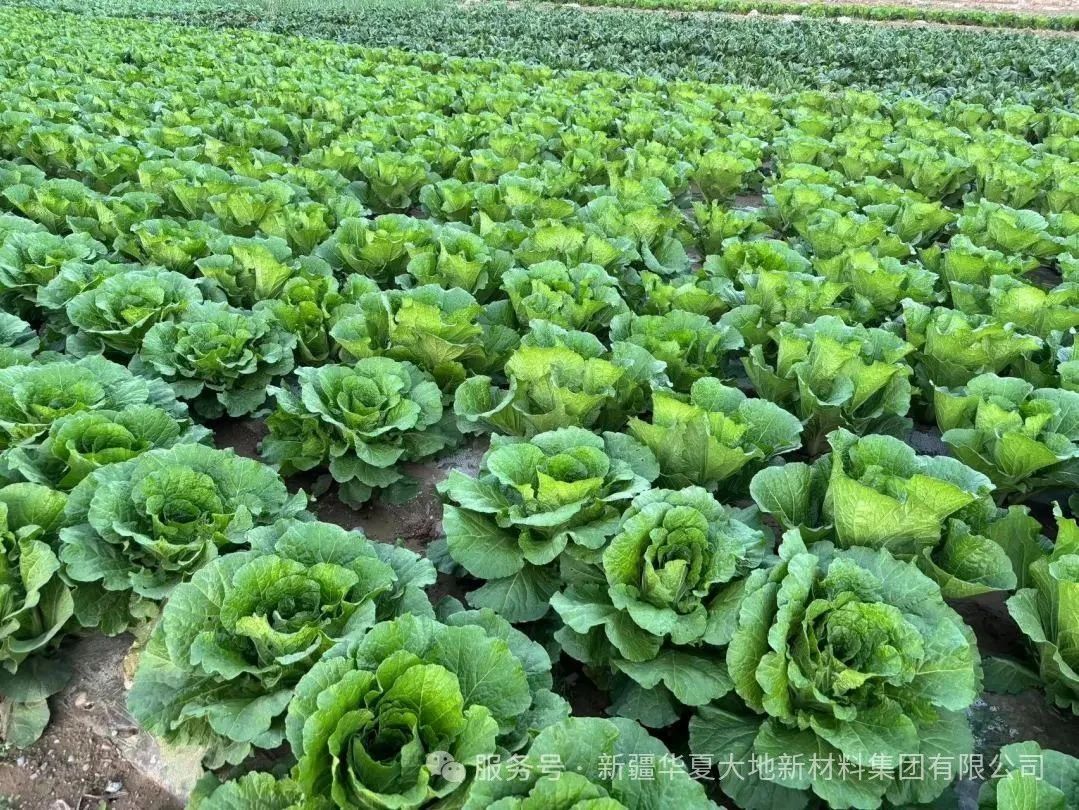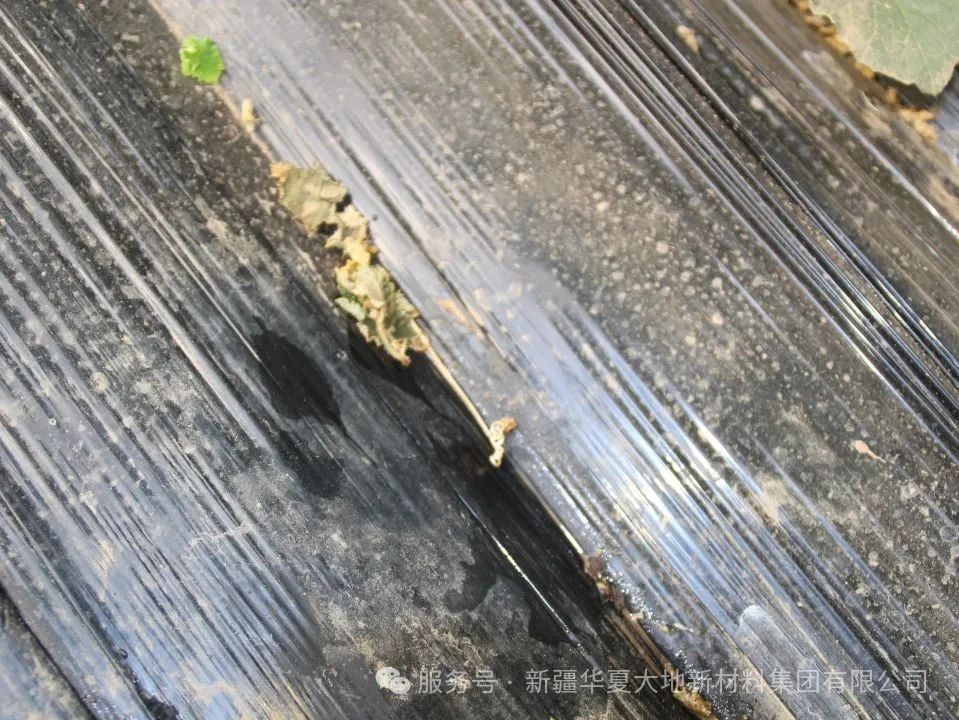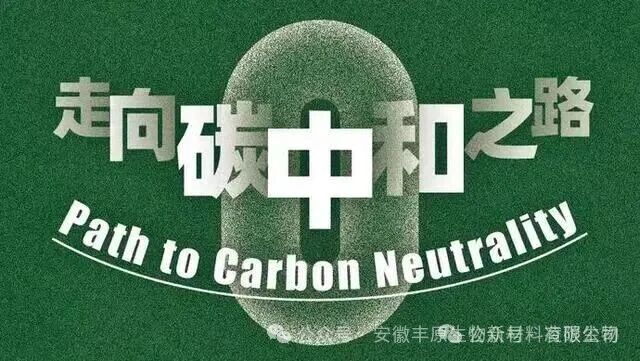To address the pollution caused by traditional plastic mulch, the state has introduced a series of policies to encourage and support the application of fully biodegradable mulch. The use of fully biodegradable mulch helps enhance soil vitality, achieve sustainable land use, and contribute to the green development of agriculture and the construction of a prosperous countryside.
Today, let's get to know this type of plastic film, to help everyone make reasonable choices and increase benefits! What is a fully biodegradable plastic film?
What is a fully biodegradable plastic film?
Biodegradable film made entirely from biological materials (such as starch, PLA, PBAT, etc.) is a type of film that is primarily composed of such materials. It can completely decompose into water, carbon dioxide and organic matter through microbial action in the natural environment, without leaving any harmful substances, thereby reducing pollution to the soil and the environment.
Unlike traditional PE (polyethylene) plastic film, the fully biodegradable plastic film does not require manual collection. After use, it can directly degrade in the soil, significantly reducing the risk of agricultural non-point source pollution.
1. Environmentally friendly and pollution-free
The fully biodegradable mulch film can completely decompose within several months to several years under suitable conditions (such as temperature, humidity, and microbial environment), without causing microplastic pollution. There is no need for manual collection of the remaining film, which reduces labor costs and is particularly suitable for large-scale planting scenarios.
2. Promote soil health
Some of the degraded products can increase the content of soil organic matter and enhance soil fertility, and they will not hinder root growth like traditional plastic films do.
3. In line with policy trends
With the implementation of the national "plastic ban" and environmental protection policies, fully biodegradable plastic films are the trend for future agricultural development. Many regions have already introduced subsidy policies to encourage the use of environmentally friendly plastic films.
4. Diversified Functions
The degradation cycle can be adjusted according to the needs of different crops (such as 30 days, 60 days, 90 days, etc.), meeting the requirements of various planting methods.
The limitations of fully biodegradable plastic films
The raw material and production costs result in a selling price that is higher than that of traditional plastic film (by approximately 30% to 50%). In the short term, this may increase the input costs for farmers, but in the long run, it can save the recycling costs.
It can be fully degraded only in soil with suitable temperature (≥10℃), humidity and active microorganisms; the effect may be reduced in extreme climates (such as drought and high-altitude areas). Which crops are suitable for fully biodegradable plastic films?
Which crops are suitable for fully biodegradable plastic films?
1.Short-term growth period crops (60 - 90 days)
The degradation cycle of fully biodegradable mulching films can be regulated, making them particularly suitable for crops with short growth cycles and short mulching periods. They can not only meet the requirements for heat preservation and moisture retention, but also degrade rapidly after the harvest of the crops, without affecting subsequent farming operations.
2. High value-added economic crops
Due to the high cost of fully biodegradable plastic films, they are more suitable for crops with high economic value and strict requirements for the soil environment, in order to reduce pollution and improve quality.
3. Crops that are sensitive to soil environment
Some crops have shallow root systems or have high requirements for soil aeration. Traditional PE plastic film may affect the root development, while biodegradable film can gradually decompose and reduce the constraints.
4. Planting areas with strong policy support or strict environmental protection requirements
In areas with strict environmental protection requirements such as ecological farms, organic planting bases, and water source protection zones, fully biodegradable plastic films are the ideal choice.
 Fully biodegradable plastic films are the trend of agricultural green development. Reasonably choosing the degradation period and thickness can not only leverage the environmental protection advantages but also reduce costs, achieving a win-win situation of economic benefits and ecological benefits!
Fully biodegradable plastic films are the trend of agricultural green development. Reasonably choosing the degradation period and thickness can not only leverage the environmental protection advantages but also reduce costs, achieving a win-win situation of economic benefits and ecological benefits!
Situations where it is not recommended to use
Crops with extremely long growth cycles (such as sugarcane and some fruit trees) may degrade prematurely or too late, thereby affecting the effectiveness.
In extreme climate regions (such as those with little rainfall and low temperatures), the degradation rate may be too slow.
The highly mechanized farmland has some biodegradable films with relatively low tensile strength, which may affect the efficiency of film laying.







